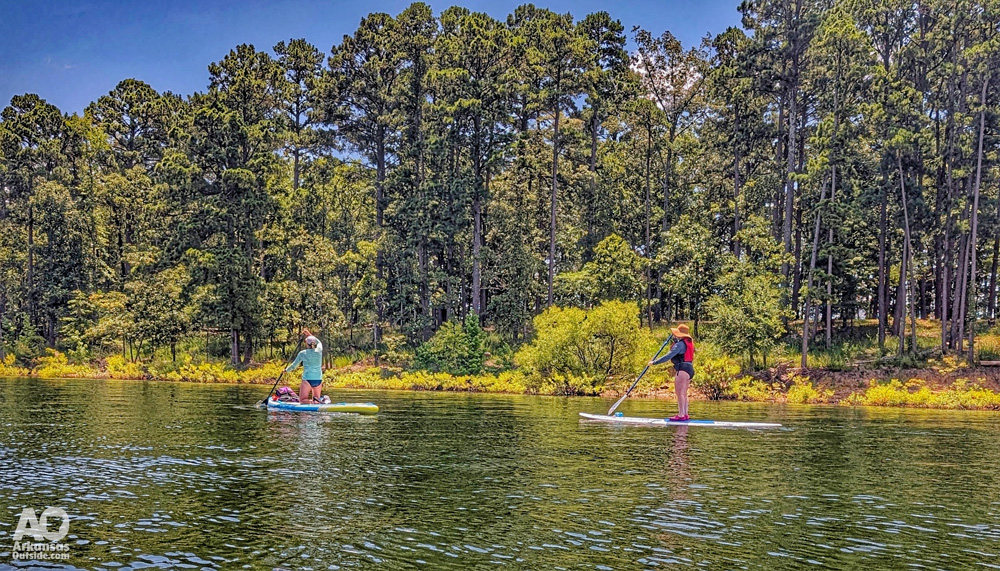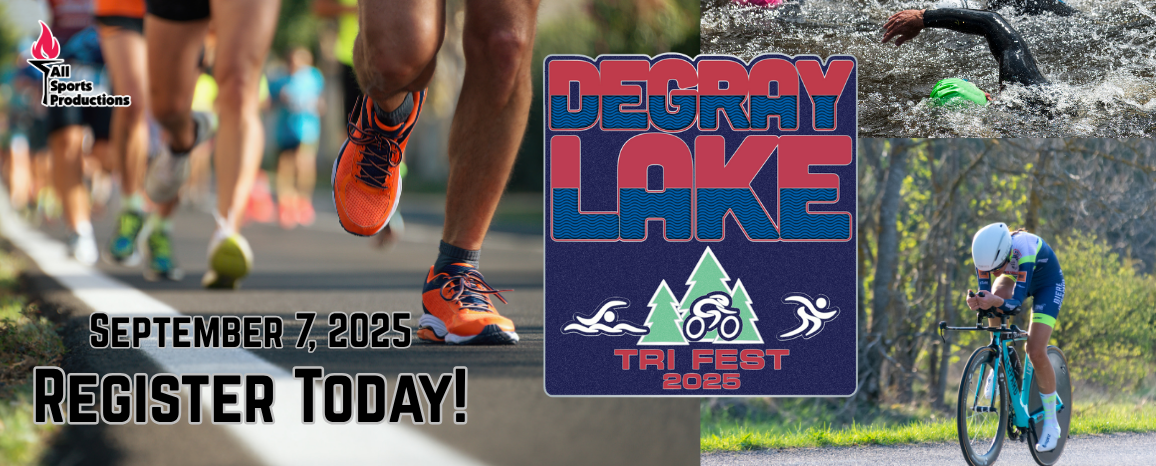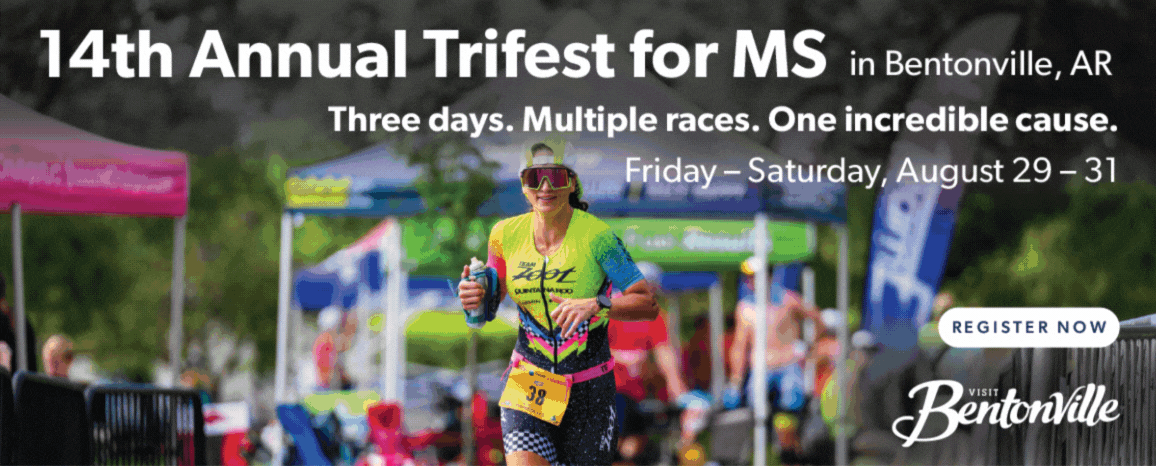The streams are dry and the lakes are full—welcome to summer in Arkansas. On a recent paddling trip to DeGray Lake Resort State Park, our group of kayakers and paddleboarders hugged the shoreline to avoid fast-moving boat traffic. Even there, large wakes from speeding boats reached us, forcing us to turn into the swells to stay upright. It was a stark reminder that while lake recreation is booming, not all users share the water equally. As boaters crisscross the state’s lakes this season, the Arkansas Game and Fish Commission is asking everyone to be more mindful of the waves they leave behind.
As summer heats up and Arkansas waterways see a surge in boating activity, the Arkansas Game and Fish Commission is reminding boaters to be mindful of their wakes—those rolling waves trailing behind speeding boats. While they may look harmless, wakes can cause property damage, erosion, and serious safety risks for others trying to enjoy the water.
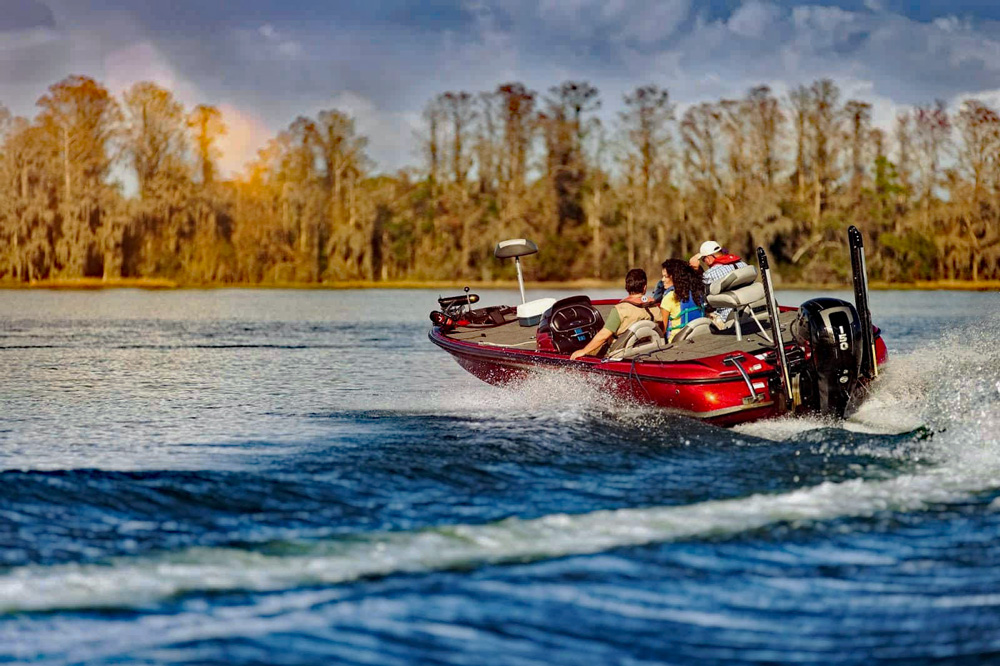
Boaters Are Responsible for Wake Damage
Many boaters may not realize that even if they are outside of designated no-wake zones, they are still responsible for the impact of their wake.
“Even if you’re within legal speed limits and operating outside of no-wake zones, you can still be responsible for the consequences of your boat’s wake,” said Capt. Stephanie Weatherington, AGFC Boating Law Administrator. “It’s your responsibility as the operator to be aware of how your boat impacts others.”
The increase in high-powered boats and personal watercraft on Arkansas lakes and rivers has made wake-related issues more common in recent years.
Wakes Can Endanger Paddlers and Erode Shorelines
Uncontrolled wakes can dislodge docked boats, cause structural damage to piers and floating docks, and accelerate shoreline erosion. More importantly, they can swamp kayaks, canoes, and paddleboards, putting paddlers in dangerous situations.
“You may think the wake isn’t a big deal, but to someone in a kayak or on a paddleboard, it can be dangerous,” Weatherington said.
These situations can lead to costly repairs, injuries, or legal consequences for boat operators.
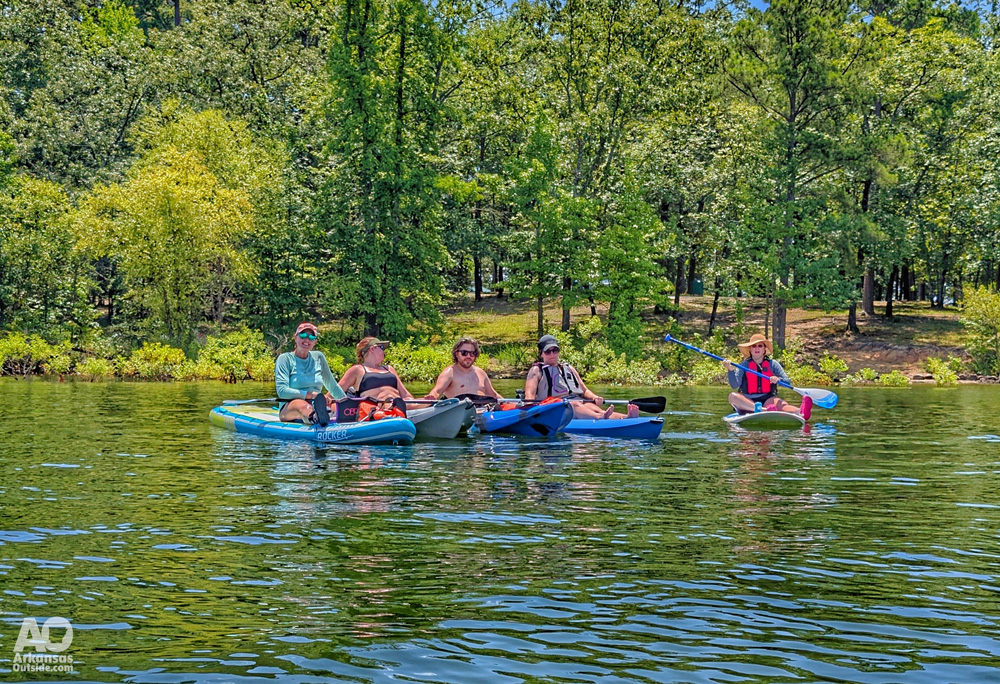
How to Be a Wake-Friendly Boater
To reduce your wake’s impact and promote safe recreation for all, the AGFC recommends:
- Slowing to idle speed when passing docks, marinas, or anchored boats.
- Avoiding tight turns or abrupt speed changes near the shoreline.
- Keeping tow sports farther from the bank to minimize wake damage.
- Staying alert in narrow channels and busy areas with paddlers or anglers.
Courtesy Keeps Arkansas Waters Enjoyable
As outdoor recreation continues to grow across the state, boaters are encouraged to share the water with care. Respect for others, including paddlers, dock owners, and anglers, goes a long way toward making Arkansas’s lakes and rivers safer and more enjoyable for everyone.
For more information on boating laws and safety, visit www.agfc.com/boating.
This article was originally published on ArkansasOutside.com, your trusted source for outdoor news and updates in The Natural State. Unless otherwise credited, all photos included in this piece are the property of Arkansas Outside, LLC. We take pride in sharing the beauty and adventures of Arkansas through our lens—thank you for supporting our work!


